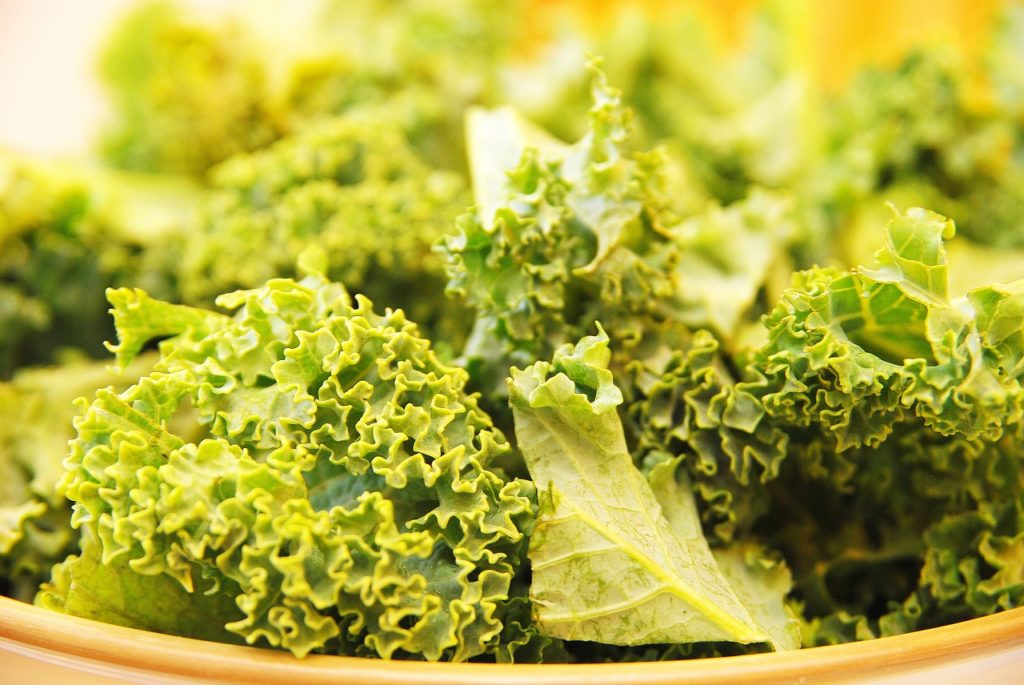Over the past decades, high fructose corn syrup has emerged as a better alternative to sugar. It’s found in thousands of foods, from cereals and fruit juices to low-carb chocolate and protein bars.
Going Green with Kale

Going Green with Kale
Want to have more energy? Looking to boost your immune system? Or maybe you’re trying to lose weight? If so, eat your veggies! Low in calories and carbs, kale should come first on your list. This leafy green is packed with fiber, vitamins, minerals, and antioxidants that promote optimal health. With just 33 calories per cup, it fills you up quickly without adding to your waistline.
Let’s take a quick look at kale and its surprising health benefits:
Why Eat Kale?
Commonly referred to as “the queen of greens” or “the new beef,” kale is one of the healthiest foods on earth. Rich in vitamin A, vitamin C, and vitamin K, it keeps your immune system strong and wards off diseases. Its health benefits have been known for thousands of years. Kale was one of the most prized vegetables of the Middle Ages. It belongs to the same family as bok choy, cabbage, radish, and broccoli.
Just one cup of kale delivers over 684 percent of the recommended daily intake of vitamin K and 206 percent of the daily recommended allowance of vitamin A. This veggie is also an excellent source of calcium, iron, magnesium, copper, iron, and manganese. Loaded with glucosinolates, it fights inflammation and inhibits cancer cell growth.
Kale also provides the ideal omega-3 to omega-6 ratio, which further enhances its anti-inflammatory effect. Due to its high antioxidant levels, it slows down aging and scavenges oxidative stress. The flavonoids kaempferol and quercetin found in kale protect against cancer and age-related disorders.
The Amazing Health Benefits of Kale
This leafy green boasts 4.5 times more vitamin C than spinach, making it ideal for those with a weak immune system. When consumed as part of a balanced diet, it lowers bad cholesterol and increases antioxidant levels in the body. A study has found that subjects who drank kale juice for three months experienced a 10 percent reduction in bad cholesterol. At the same time, the good cholesterol levels increased by 27 percent.
Kale is also a great choice for those trying to lose weight. High in fiber, it promotes satiety and regulates blood sugar levels. Since it’s low in calories, you can enjoy it in large amounts without feeling guilty. In the long run, it can reduce your risk of heart disease, vision loss, diabetes, osteoporosis, and obesity.
Add kale to your favorite meals to reap its benefits! A few weeks from now on, you’ll be healthier and leaner!









No comments yet.